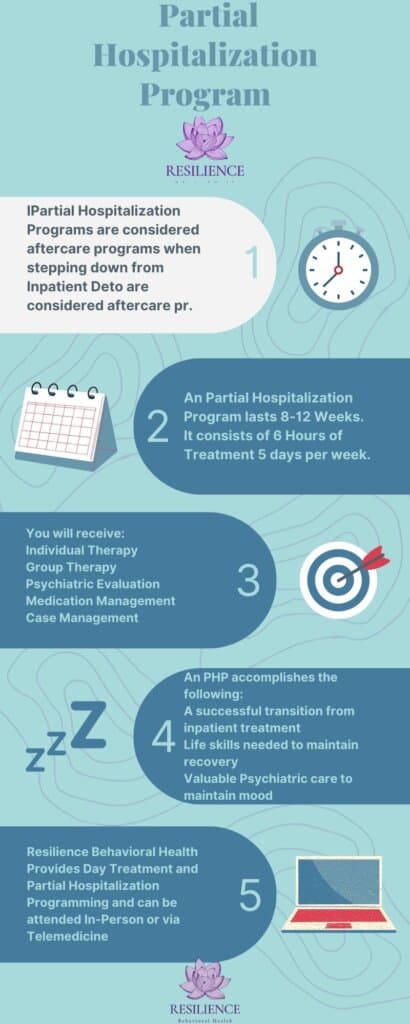Massachusetts PHP For Eating Disorders
Eating disorders are fairly common in the U.S. – 28.8 million Americans, or 9% of the U.S. population, struggle with it. PHP, which is short for Partial Hospitalization Program, is a recommended option to treat an eating disorder in Massachusetts. How? We will discuss this ahead.
Why Do People Develop Eating Disorders?
It’s not reasonable to brand a single cause as the reason for developing an eating disorder. It can be due to a number of factors including genetics, psychological, or even environmental triggers. Here’s what it means:
- Genetics: Genetic components, such as anorexia nervosa (AN) and binge-eating disorder (BED), are hereditary and can also cause eating disorders.
- Psychological Factors: Low self-esteem, perfectionism, and a history of trauma or abuse can increase the risk of developing an eating disorder.
- Environmental Factors: Societal pressures to be thin and the idealization of certain body types can contribute to body image issues and disordered eating behaviors.
(No) Thanks to fake image portrayal on social media, the last factor has unfortunately become common these days.

Identifying If Someone Has An Eating Disorder
Being overweight or underweight is unhealthy in and of itself, but when combined with an eating disorder, a person may appear super fat or freakishly thin and feeble. It is not uncommon for a person with an eating disorder to find themselves binge eating at times. Some people with this disorder might starve themselves or even purge after a meal.
Eating disorders can often be accompanied by symptoms of anxiety, depression, social withdrawal, and low self-esteem.
How Does Massachusetts Partial Hospitalization Program Cure Eating Disorder?
There is no single cure for an eating disorder; however, PHPs can help to better understand the function of an eating disorder. Meaning, to identify the triggering thoughts and feelings that can often lead to an unhealthy eating behavior. Here’s how PHPs can help:
- They are flexible, allowing individuals to receive comprehensive care during the day and return home in the evenings.
- PHPs provide a structured and supportive environment where individuals can receive comprehensive treatment while still maintaining their jobs, school commitments, and home life.
- Psychotherapies, such as individual therapy, group therapy, and family therapy, are a part of Massachusetts Partial Hospitalization programs. These help in addressing the underlying psychological factors that contribute to eating disorders.
- Nutrition therapy is also offered in a PHP, which involves working with a registered dietitian.
- In some cases, medication may be used to treat anxiety, depression, or other co-occurring mental health disorders.
Final Thoughts
As more hours are involved in a PHP, it is a step-up form of care than intensive outpatient. At the same time, it can be a step down from residential treatment and can help patients adjust to the transition back to their usual routine while receiving a significant amount of support from staff.
What’s particularly true about partial hospitalization is that it allows individuals to manage their daily routines. Hence, it can be an ideal form of care for an eating disorder.
If you are unsure if it is the right option for you, please don’t hesitate to contact Resilience Behavioral Health.

